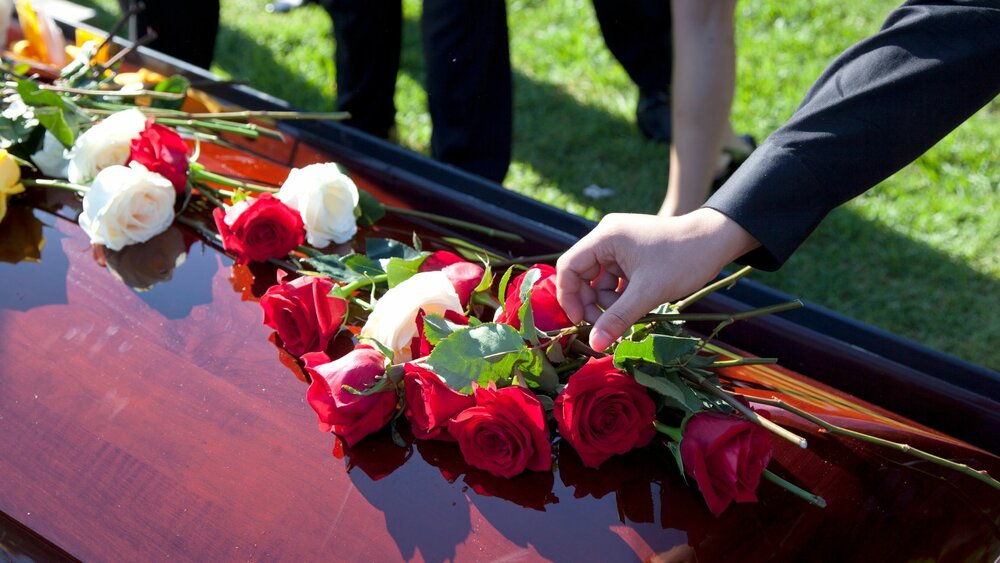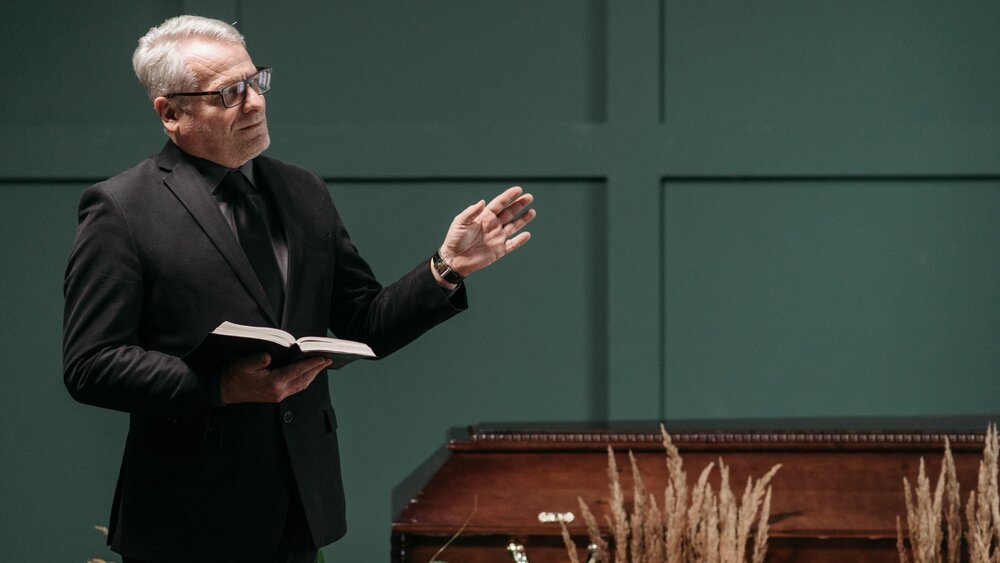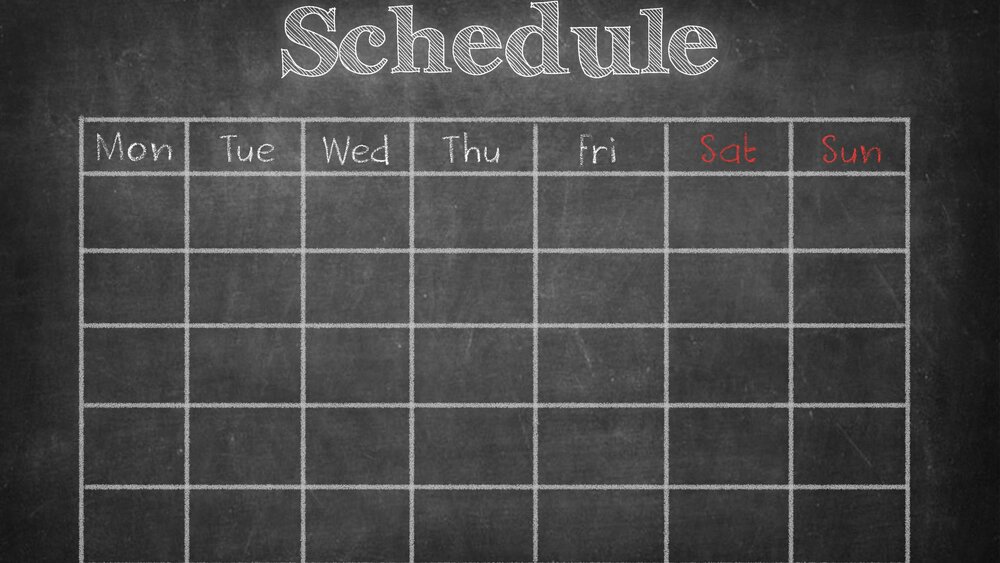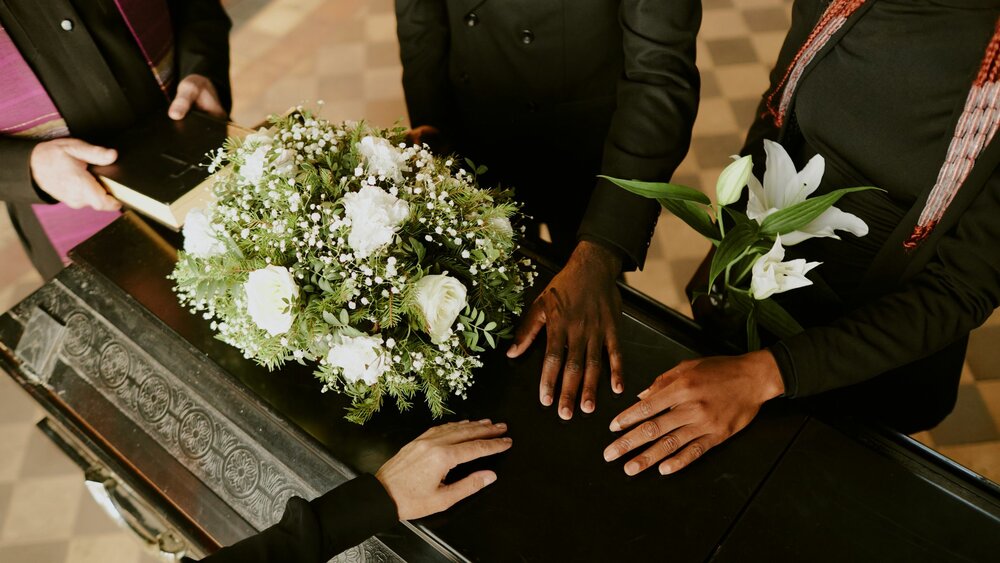
Understanding Funeral Service Durations: A Comprehensive Guide
Funeral services hold profound emotional and cultural significance, yet many people are unsure of what to expect, particularly regarding their duration. Knowing how long a funeral service lasts can help families make thoughtful preparations during a difficult time. Whether you’re planning a burial service or attending one, understanding the timeline ensures you can approach the occasion with confidence and respect.
This blog dives into the factors influencing funeral service durations, outlines a typical timeline, and provides actionable tips for planning and attending.
What Affects the Duration of a Funeral Service?
No two funerals are the same, and their duration depends on several factors, including religious customs, type of service, and personal preferences.
1. Religious or Cultural Traditions
Religious and cultural practices greatly influence the length of a funeral service. These traditions honor the deceased while providing comfort to loved ones.
Religious Ceremonies:
- Catholic Funerals: A Catholic funeral with a full Mass can last between 90 minutes to two hours, including readings, prayers, and Communion.
- Jewish Funerals: A Jewish graveside-only service typically takes 30–45 minutes, with an emphasis on simplicity and respect for the deceased.
- Muslim Funerals: Muslim services often last 30–60 minutes, including prayers and burial, as tradition emphasizes expediency after death.
Cultural Norms:
Some cultures incorporate pre-funeral or post-funeral rituals that extend the timeline. For instance, Hindu traditions may include a cremation ceremony and days-long mourning rituals.
2. Type of Service
The type of funeral service also determines its duration.
- Traditional Burial Services: These typically include a wake or visitation, a ceremony at the funeral home or church, and a graveside burial, lasting several hours.
- Memorial Services: Usually held after burial or cremation, memorial services are shorter, averaging 30–60 minutes.
- Graveside Services: A straightforward ceremony at the burial site, lasting 20–30 minutes, is ideal for families seeking simplicity.
3. Eulogies and Tributes
The number and length of speeches significantly impact the service’s duration. While a single eulogy may take 5–10 minutes, multiple speakers can add substantial time. Families should consider the time allocated for tributes when planning.
4. Additional Elements
Elements such as music, prayers, or video montages can enhance the service but also lengthen it. For example:
- Music: A soloist or choir performance may add 10–15 minutes.
- Rituals: Special gestures like a dove release, lighting candles, or placing flowers on the casket may extend the timeline.
Typical Timeline of a Funeral Service
Understanding the flow of events can help families plan appropriately and set expectations for attendees. Below is a typical funeral timeline:
1. Arrival and Greeting (15–30 Minutes)
- Guests arrive early to find seating, sign the guestbook, and offer condolences to the family.
- Quiet reflection often precedes the ceremony, allowing attendees to gather their thoughts.
2. Main Service (30–60 Minutes)
The heart of the funeral service usually includes:
- Opening Remarks: A clergy member or celebrant welcomes attendees and sets a respectful tone.
- Readings and Prayers: Scripture passages, poems, or reflections are shared to honor the deceased.
- Eulogies: Friends and family deliver heartfelt tributes, often recounting cherished memories.
- Musical Tributes: Live or recorded performances of meaningful songs add an emotional layer to the ceremony.
3. Graveside Service (15–30 Minutes)
The graveside portion is often more intimate, including:
- Prayers and Final Words: A spiritual leader or family member may lead this part of the service.
- Rituals: Attendees may place flowers, soil, or other tokens on the casket as a final gesture.
How to Ensure the Funeral Stays on Schedule
Planning a funeral service requires thoughtful coordination to ensure that all components fit seamlessly within the allotted time.
1. Work with a Funeral Director
Experienced funeral directors can help structure the service to accommodate traditions, tributes, and other elements. They’ll also coordinate with vendors and manage logistics to minimize delays.
2. Communicate Expectations
- Set time limits for eulogies and other speeches, typically 5–7 minutes per speaker.
- Include an estimated duration in invitations or the obituary so guests can plan accordingly.
3. Build in Buffer Time
Unforeseen delays, such as late arrivals or technical issues, can disrupt the schedule. Allocate extra time to avoid stress and ensure a smooth flow.
4. Coordinate with Vendors
- Confirm arrival times and setup requirements for florists, musicians, and other service providers.
- If transportation is needed, ensure drivers are familiar with the route and timing.
Tips for Guests: Respecting the Funeral Timeline
Guests play an important role in ensuring the funeral runs smoothly. Here are some best practices:
- Arrive Early: Aim to arrive 10–15 minutes before the scheduled start time to find seating and avoid disrupting the service.
- Follow the Program: Funeral programs outline the order of events, helping guests know what to expect.
- Limit Conversations: Keep interactions with the grieving family brief, especially during visitation or reception periods.
Common Questions About Funeral Service Durations
How Long Is a Funeral Service Compared to a Cremation?
Cremation services, particularly direct cremations, tend to be shorter because they omit traditional elements like wakes or religious ceremonies. However, adding a memorial service afterward can extend the timeline to match that of a traditional funeral.
What’s the Shortest Funeral Option?
Graveside services are typically the shortest, lasting 20–30 minutes. This simplicity appeals to families who prioritize efficiency or intimacy.
Are There Ways to Shorten a Funeral Service?
Yes. Families can choose fewer readings, limit the number of speakers, and forgo optional elements like music or montages. Consulting with a funeral director can help streamline the process while maintaining a meaningful experience.
Why Funeral Timing Matters
Understanding the duration of a funeral service is not only practical but also respectful to all involved. For planners, it ensures smooth coordination, and for attendees, it provides clarity about what to expect.
Conclusion
Funeral services vary widely in duration based on religious customs, service type, and additional elements. Whether you’re planning or attending, understanding the timeline helps you approach the day with clarity and respect.
If you’re preparing for a loved one’s service, consult with a trusted funeral director to create a meaningful farewell that honors their memory while accommodating your family’s needs. Contact us today using our online form to learn how we can support you in this important journey.







Comments